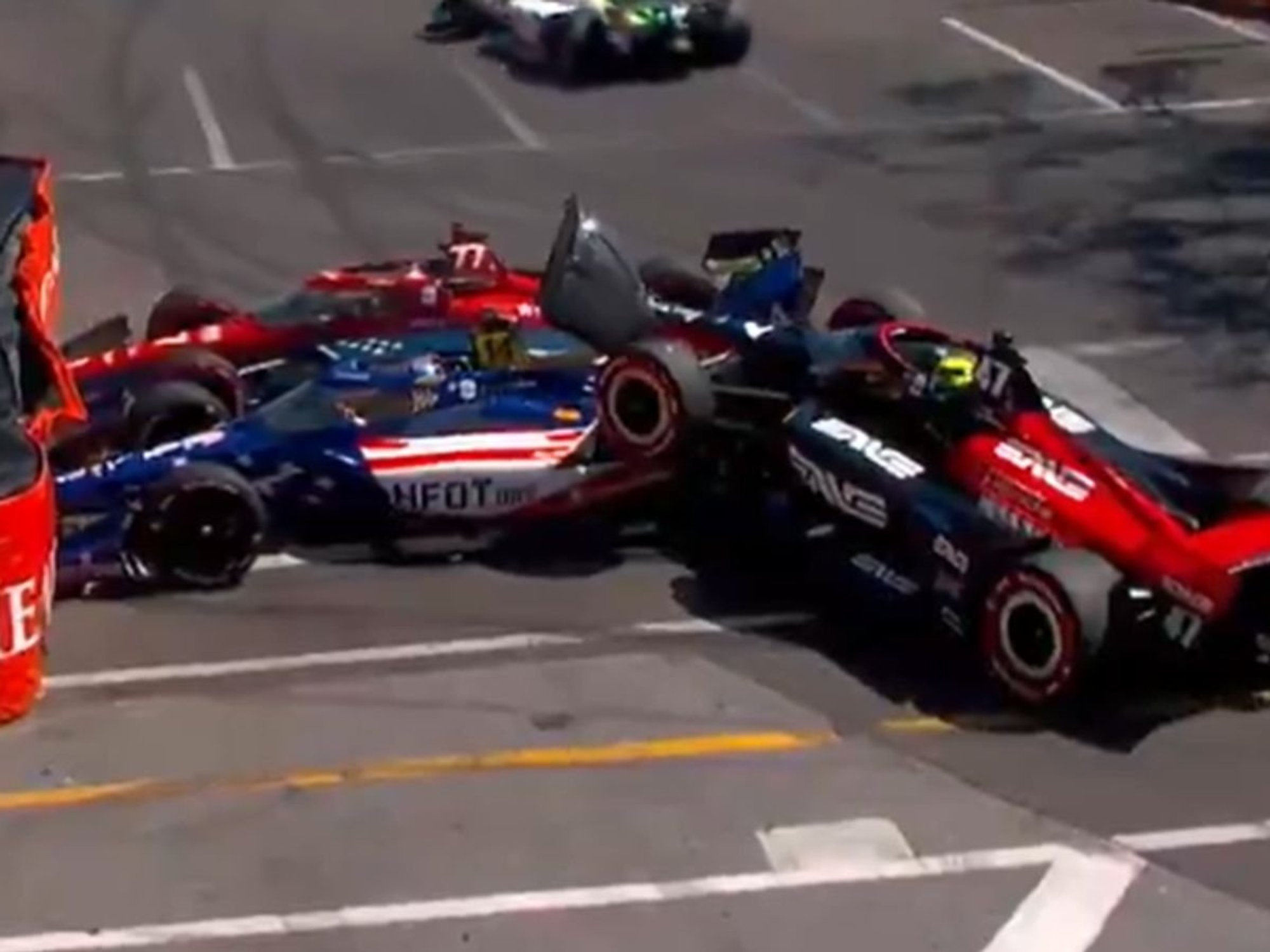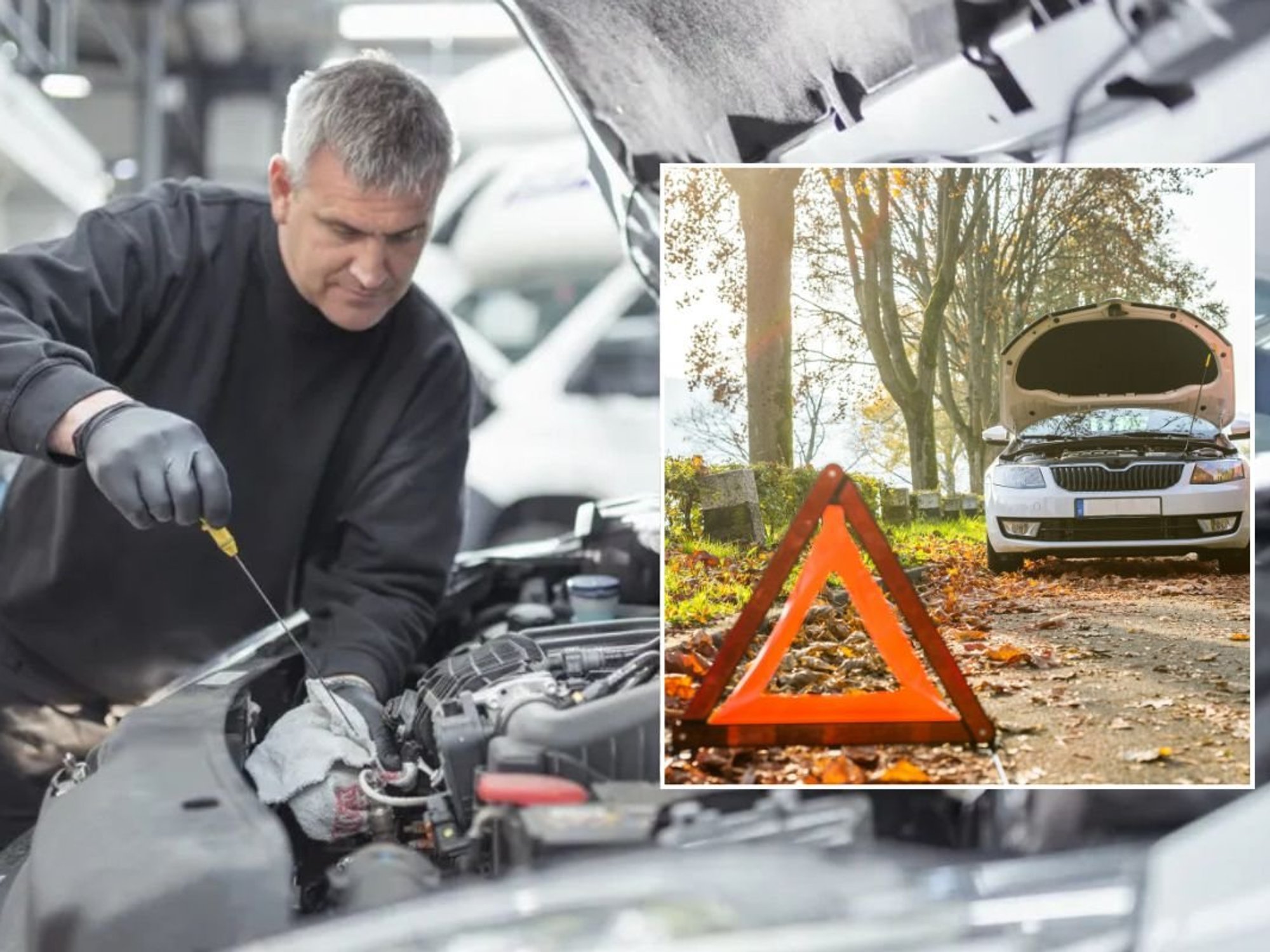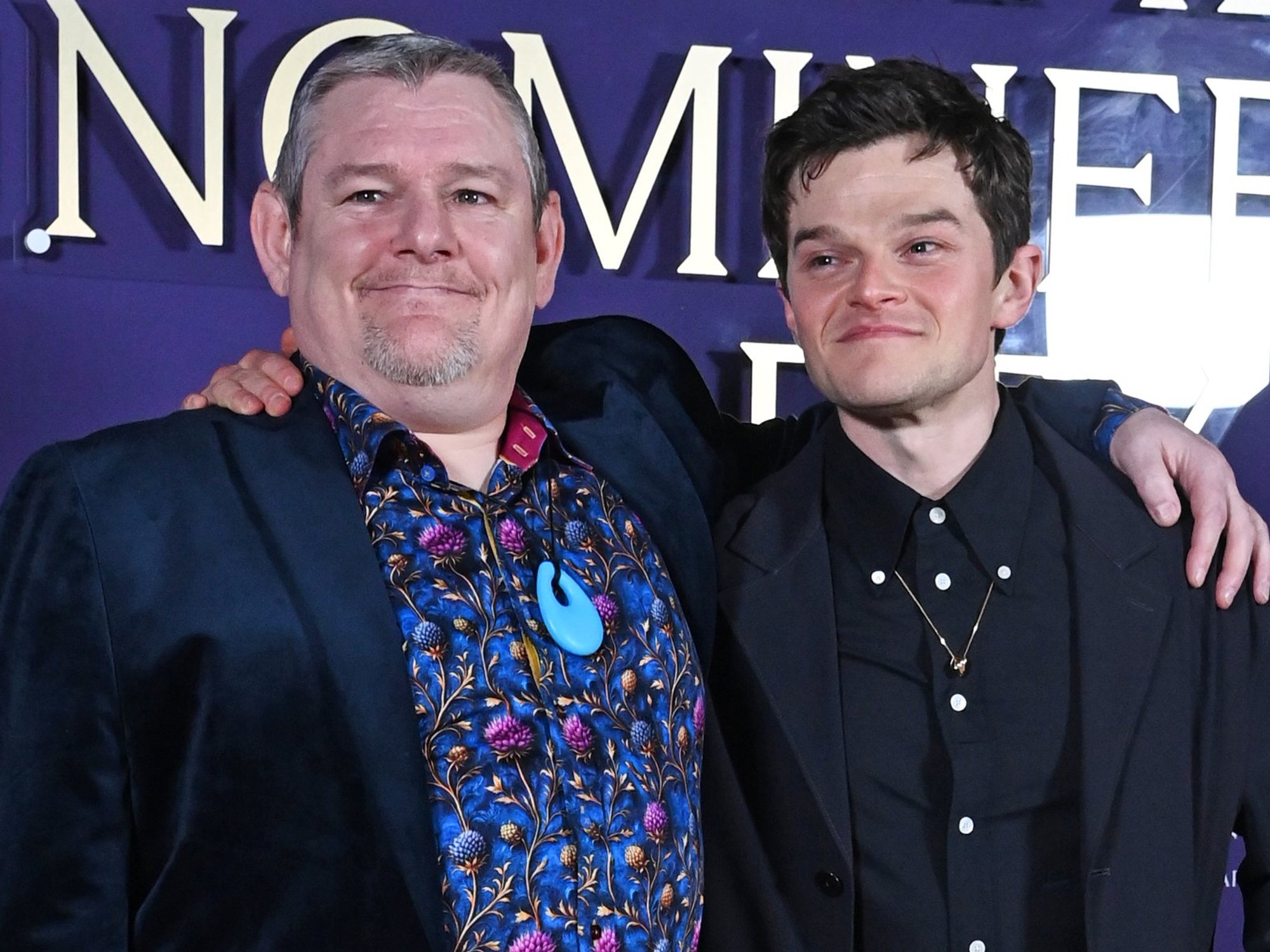Met Police diversity teams tell black women they have to ‘work harder’ than white colleagues
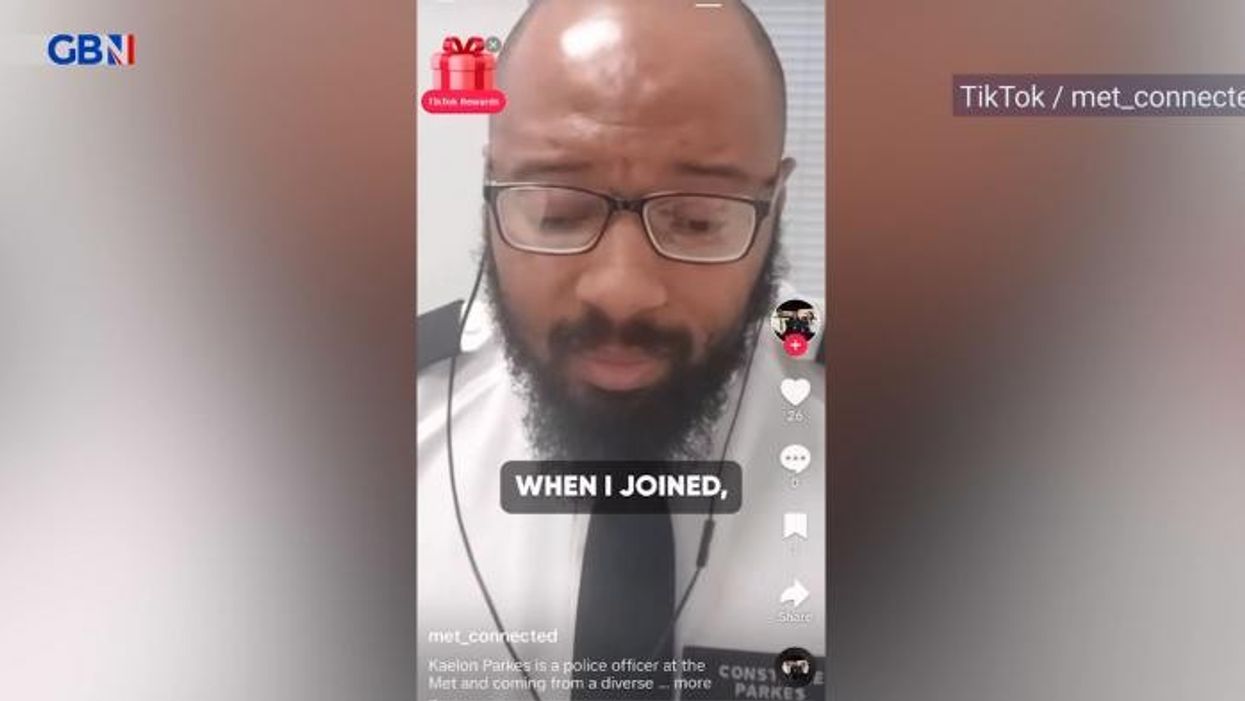
WATCH HERE: Met Police diversity teams tell black women they have to 'work harder' than white colleagues
|Met_Connected

An anti-racism campaigner has slammed the ‘embarrassing’ and ‘patronising’ footage
Don't Miss
Most Read
Latest
A Metropolitan Police diversity team has come under fire for sharing videos that include claims that black women have to “work harder” than their white colleagues.
A leading anti-racism campaigner said that the footage had a “strong whiff of desperation” that was “embarrassing” and harmed the force’s outreach to their target audience.
The Met has established several so-called outreach teams to improve the recruitment of Londoners from underrepresented identities, such as women and ethnic minorities.
In a clip that has been deleted since GB News approached the Met for comment, a serving police officer said “being a black woman has an extra layer of complexity … and struggle.”
Under the hashtag “Embrace Equity,” the officer said: “I have to work much harder to be seen, to be heard, and to receive the same level of quality as my white female counterparts.”
The officer added that this made her even more motivated to work “even harder to achieve my highest level of success”.
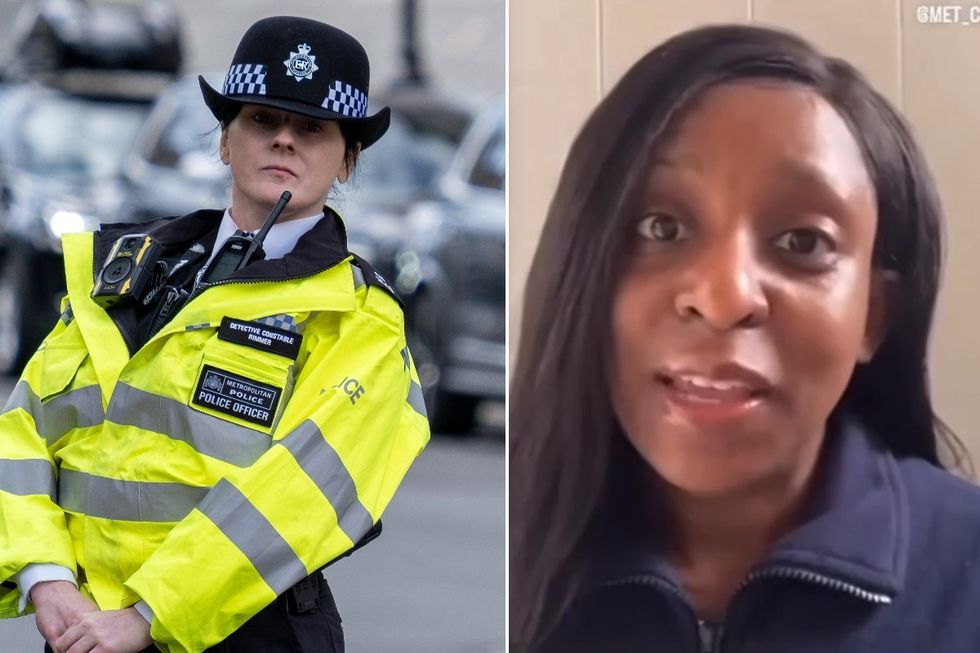
Met Police diversity teams tell black women they have to ‘work harder’ than white colleagues
|GB News/Getty Images
Other clips shared on the Met’s outreach team, dubbed ‘Met Connected’, also include a black officer saying that he doesn’t want to “invalidate” ethnic minorities who were “racially abusive” to him while on duty.
He said that he understood the abuse once he learned about the history of the Met.
The officer added that after he read and watched some material recommended to him by someone who was abusing him in public, he gained an “untold” ability to “resonate with people.”
He added that he lets them vent because he could be the “closest thing to a police officer and a son at the same time that they’ve come across.”
Met Connected also shared footage of a Black History Month event it hosted for Met employees last year where workers were invited to wear VR goggles to learn about “first-hand experiences” in the force.
LATEST DEVELOPMENTS: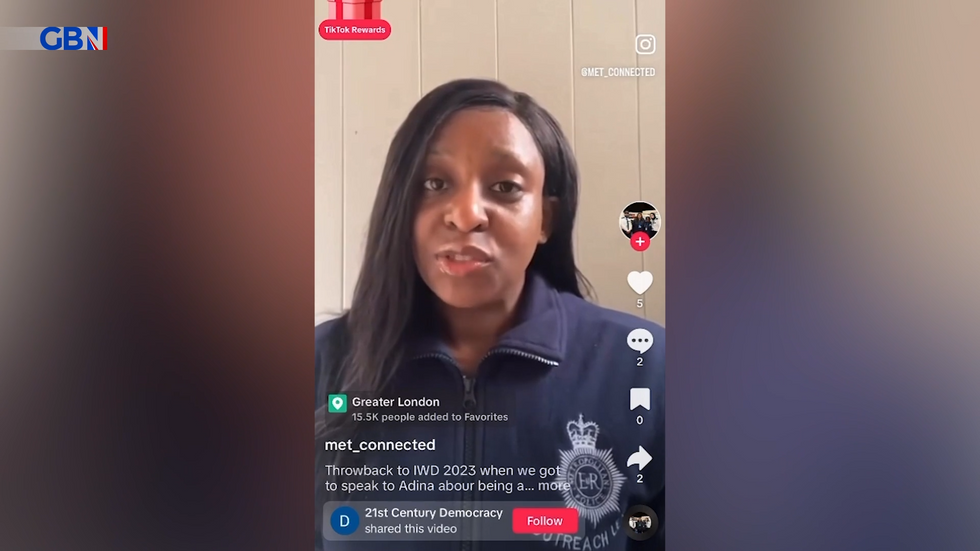
In a clip that has been deleted since GB News approached the Met for comment, a serving police officer said 'being a black woman has an extra layer of complexity … and struggle'
|Met_Connected/GB News
The VR showed the experience of a “Black female police officer working in the Met over five years”.
“By using real officers' lived experiences to create the script, it allows us to view first-hand, the impact unconscious bias and unfairness can have on people's journey in The Met.”
The caption added that the “Through Her Eyes” experience “creates conversations that we’ve often been afraid to confront.”
It goes on to say: “It is something needed to help overhaul a system known for systemic bias, supporting the change of The Met for the better.”
Alka Sehgal-Cuthbert, director of the campaign group Don’t Divide Us, told GB News: “There is nothing wrong with the Met undertaking outreach work to attract recruits from a wider demographic range of people. But these promotional films have a strong whiff of desperation and lack of self-confidence that is embarrassing and unlikely to appeal to many in their target audience.
“Young black people are being given the message that normal standards of conduct don’t apply to them, which is patronising and a strange message given that dealing with the public is very much part of the job - and basic courtesy matters.
“Black females are being told a more or less unfalsifiable assertion that they will have to work harder than any of their white colleagues.
“How are such messages going to attract people with the self-respect, ability to control personal feelings, a respect for evidence, and a sense of public duty that the Met needs?”
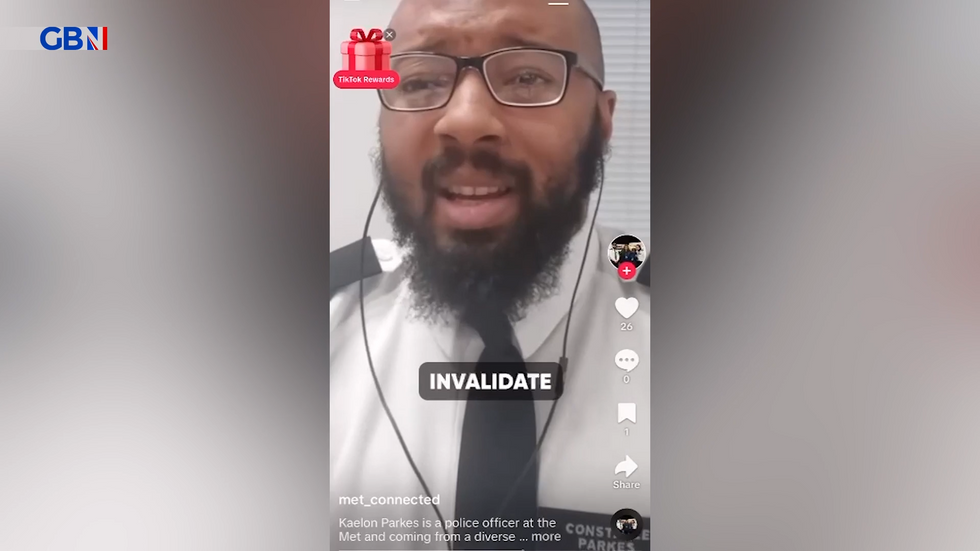
The Met has established several so-called outreach teams to improve the recruitment of Londoners from underrepresented identities, such as women and ethnic minorities
|Met_Connected/GB News
Rory Geoghegan, a former Downing Street and Home Office crime advisor, said: “At a time when the Met is already struggling to recruit, these self-flagellating videos seem unlikely to help attract the confident and capable crime-fighters of the future that London so urgently needs.”
Mr Geoghegan, who founded the Public Safety Foundation, a non-profit dedicated to tackling crime, added: “Every day, the Met’s officers and staff - drawn from a wide range of backgrounds - achieve incredible things in the fight against crime and disorder. Celebrating the achievements of the Met’s diverse workforce and the unifying mission to protect and serve the public should be at the heart of recruitment videos - rather than content that emphasises division and grievance.”
Met Connected’s Instagram profile says it is focused on providing an “inclusive online space”.
Last November, it welcomed the police “Race Action Plan”, captioning a post with: “The Met is working towards becoming an anti-racist police service.”
Over the course of Black History Month last year, we got to cover a range of events within the Met. However, this one left a mark and is one that we won't forget anytime soon.🎥#ThroughHerEyes #VR pic.twitter.com/78twfa0LqV
— met_connected (@met_connected) March 14, 2024
It said that its key areas of work included people being “represented” and “not over-policed.”
At the launch of the Police Race Action Plan, Acting Commissioner Sir Stephen House said that the Met is committed to “becoming an actively anti-racist organisation” and that it had been focussing on “increasing diversity” since “the terrible murder of George Floyd … and the wave of Black Lives Matter protests.”
Sir Stephen went on to say: “We’re working hard to increase our officers’ understanding of different cultures and the history of policing different communities, particularly black communities.
“We recognise the Met is not yet free of discrimination, racism or bias, but we are changing to build a Met which is.”
A Met Police spokesperson said: “We are the most diverse we have ever been - but know there is more to do. We will continue every effort to make sure we are attracting a workforce of the future that is as diverse as possible.
“We are equally committed to making the Met an inclusive place to work where all our people can thrive.
“Our aim is for a bigger, stronger, more diverse and inclusive organisation and our 'A New Met for London’ plan, launched in 2023, incorporates more detail on how we are working to improve broader relationships with communities in London.”
Concern about the Met’s diversity and outreach team comes on the anniversary of the Casey review into the force, which said it was institutionally racist, misogynistic and homophobic.
The Met has not affirmed Baroness Casey’s conclusions about the problems being “institutional”, but London Mayor Sadiq Khan said at the time: “The evidence is damning. Baroness Casey has found institutional racism, misogyny and homophobia, which I accept.
“I’ll be unflinching in my resolve to support and hold the new commissioner to account as he works to overhaul the force.”





